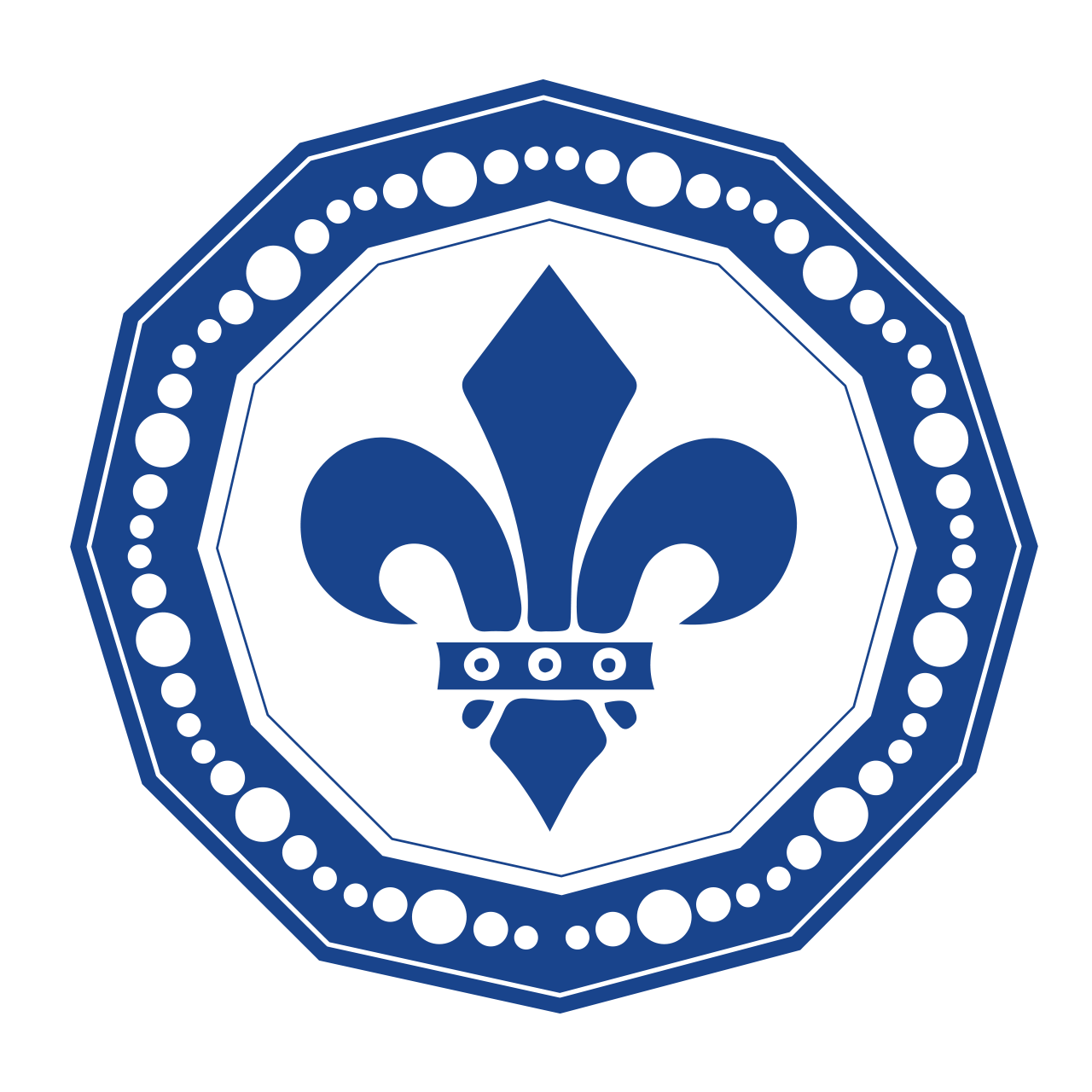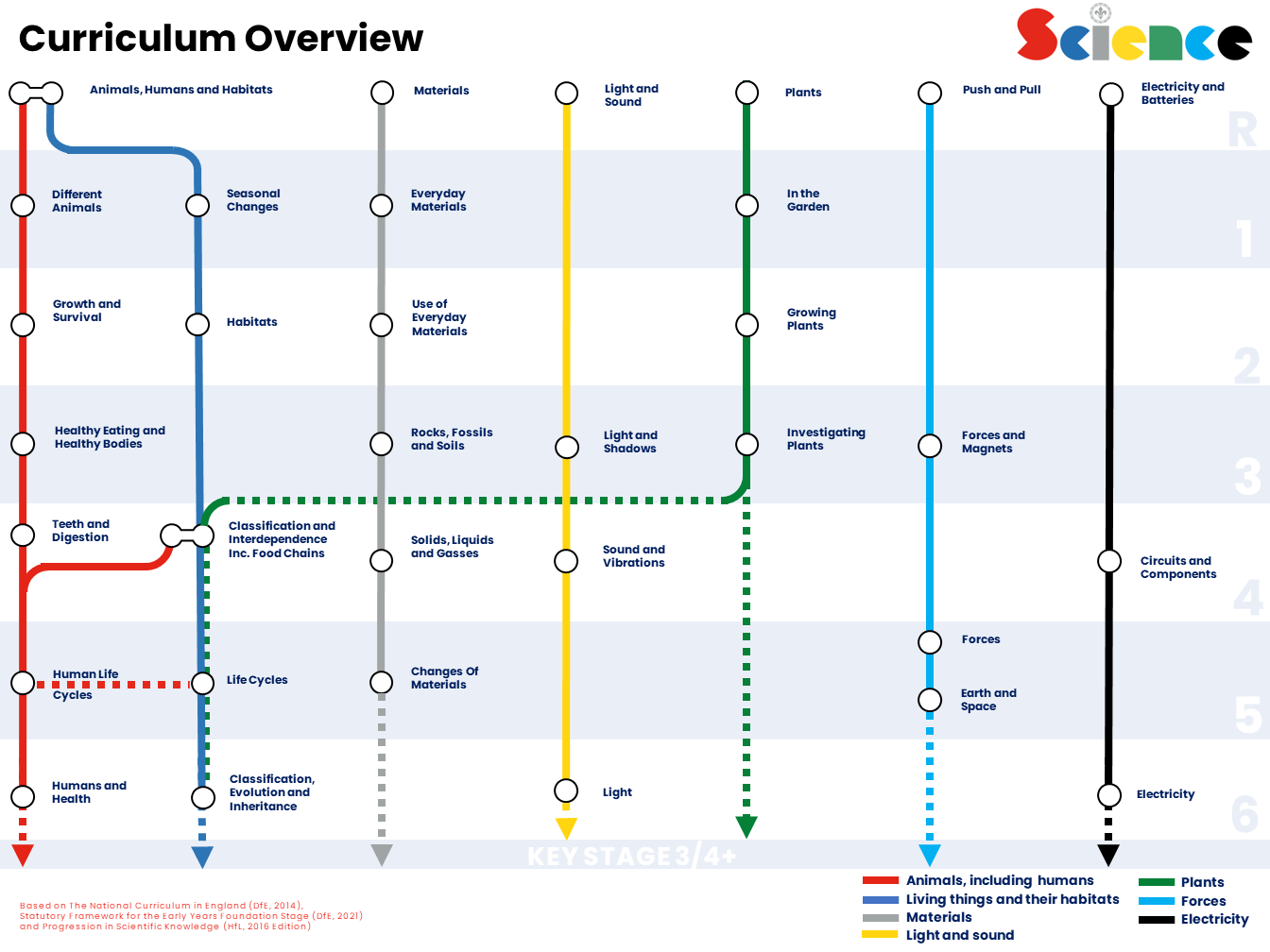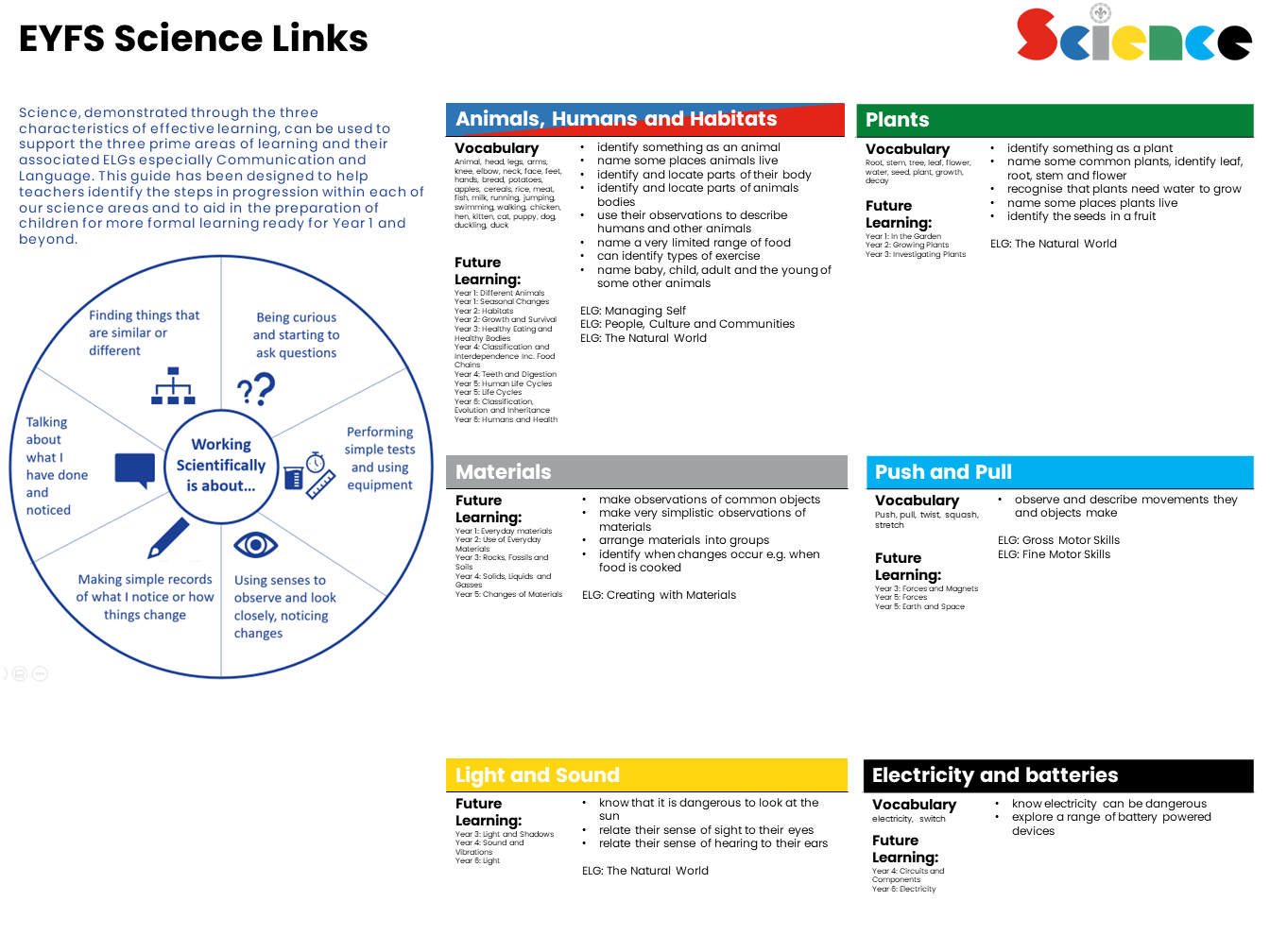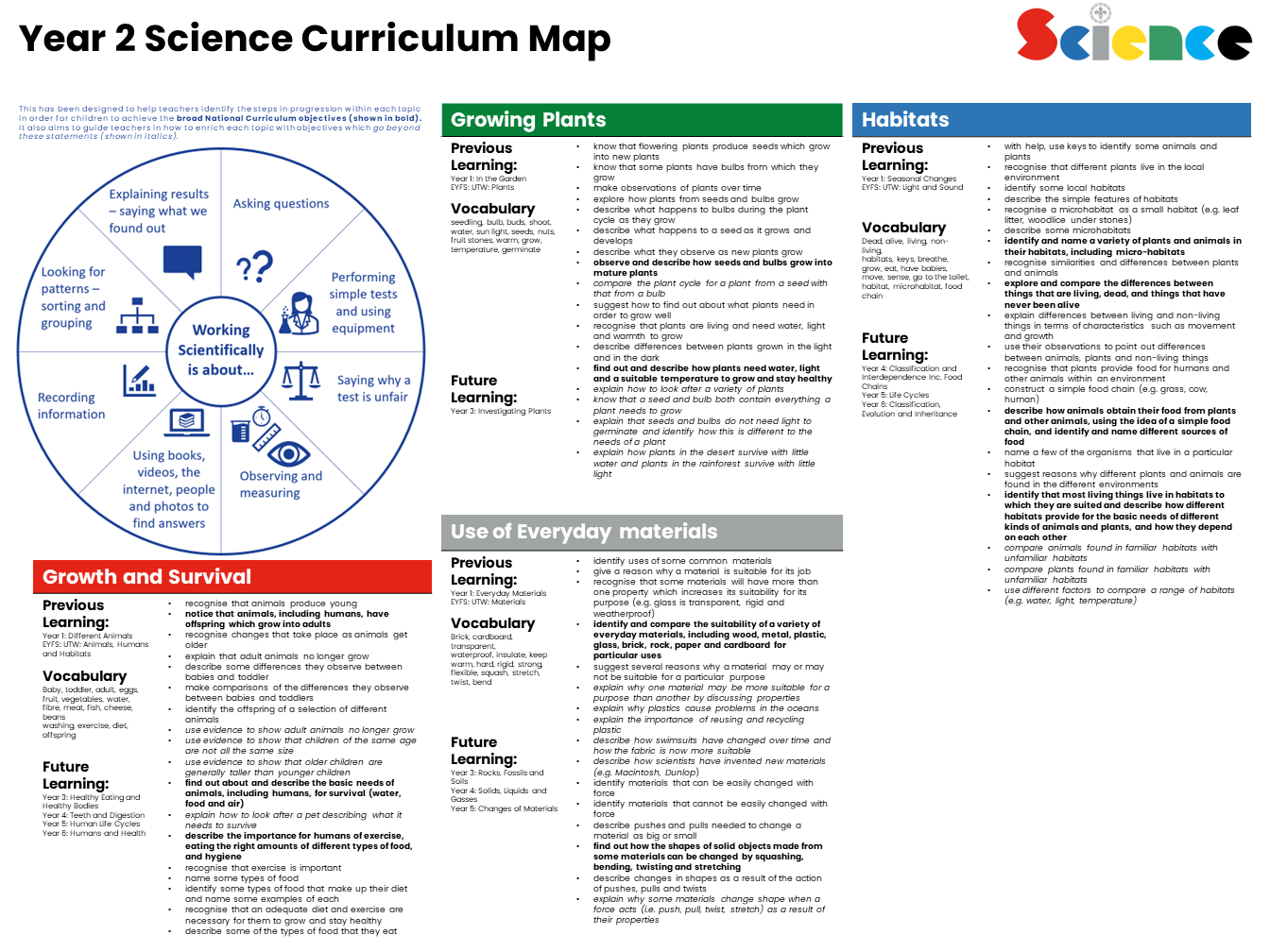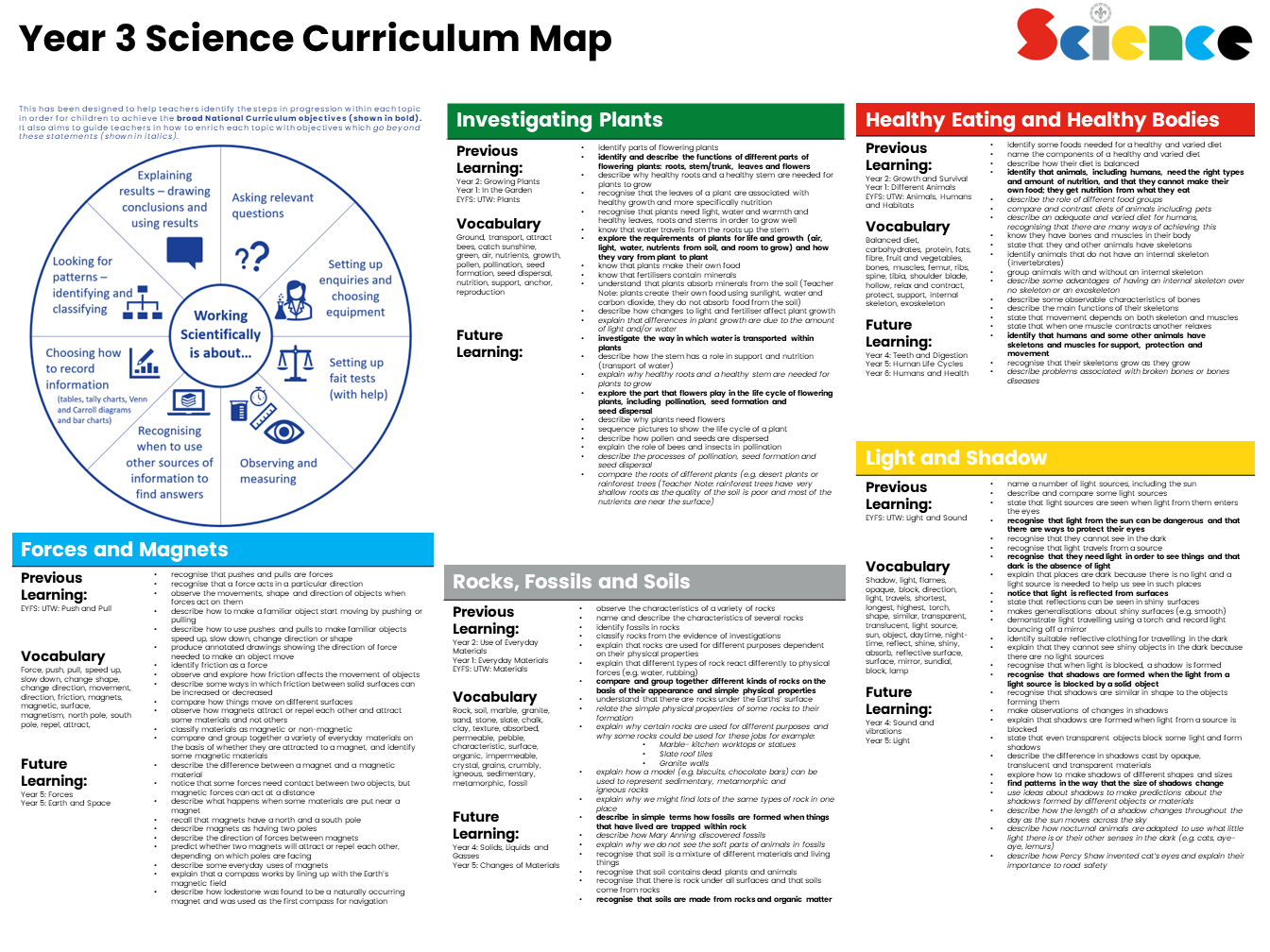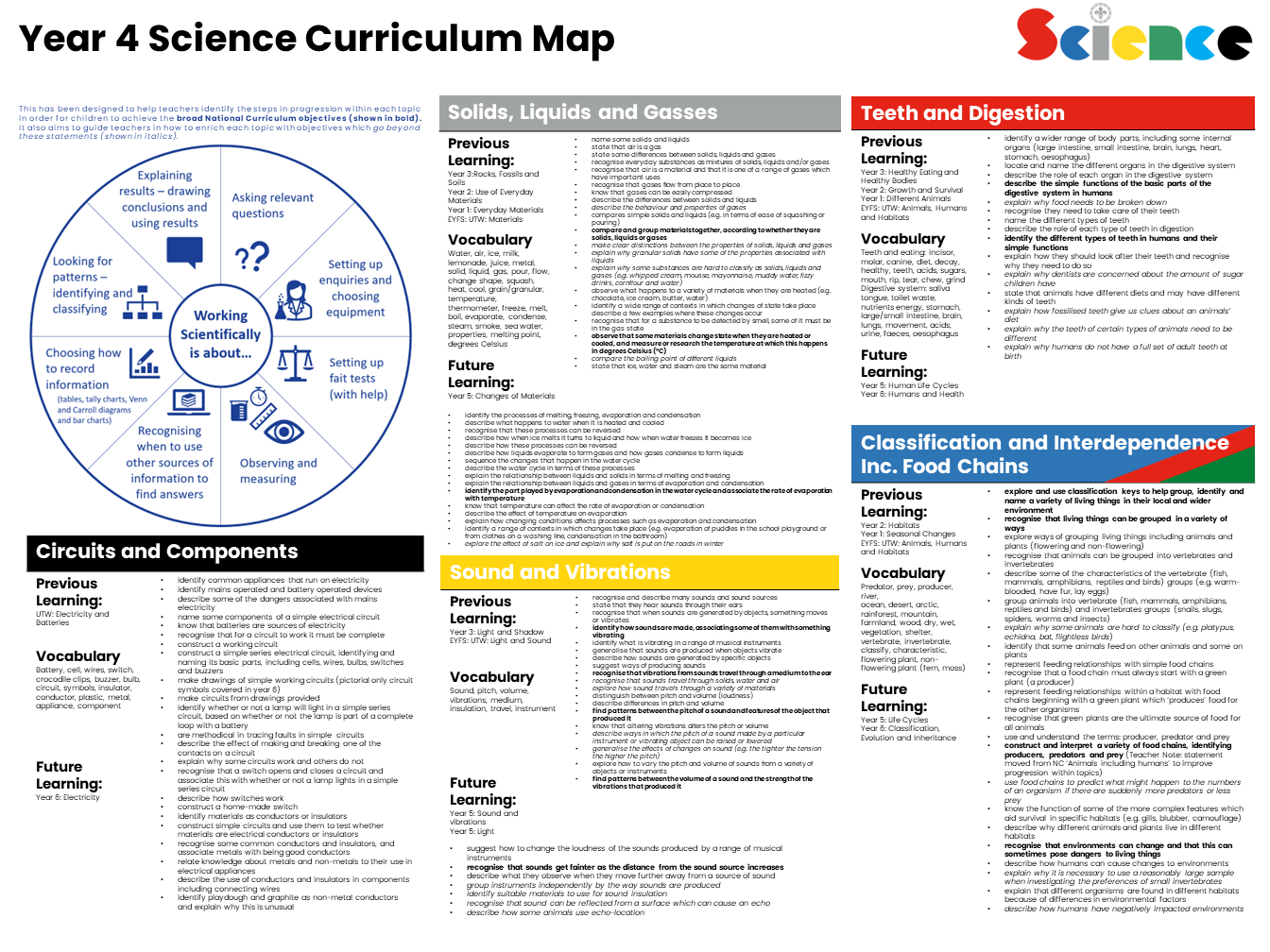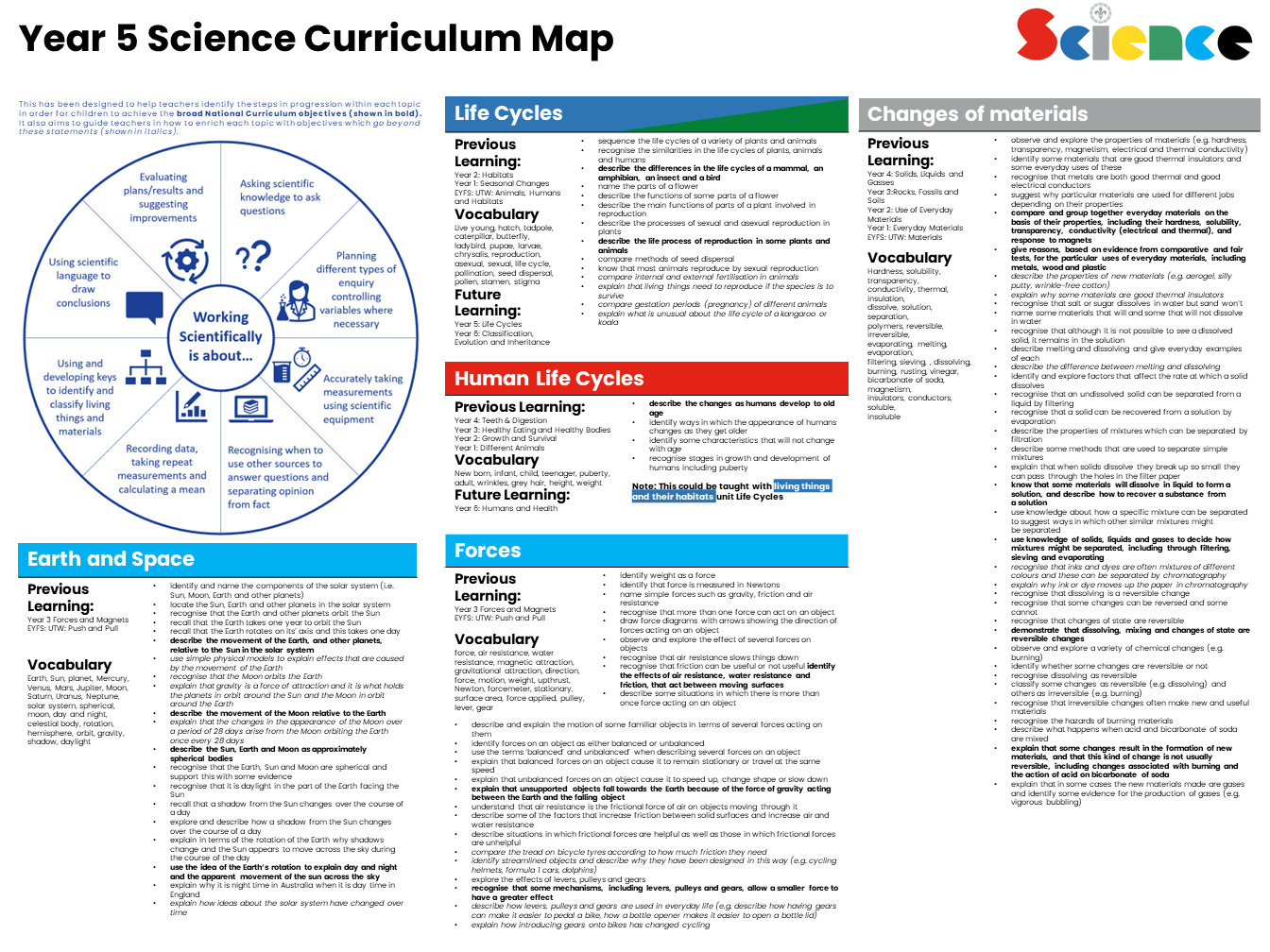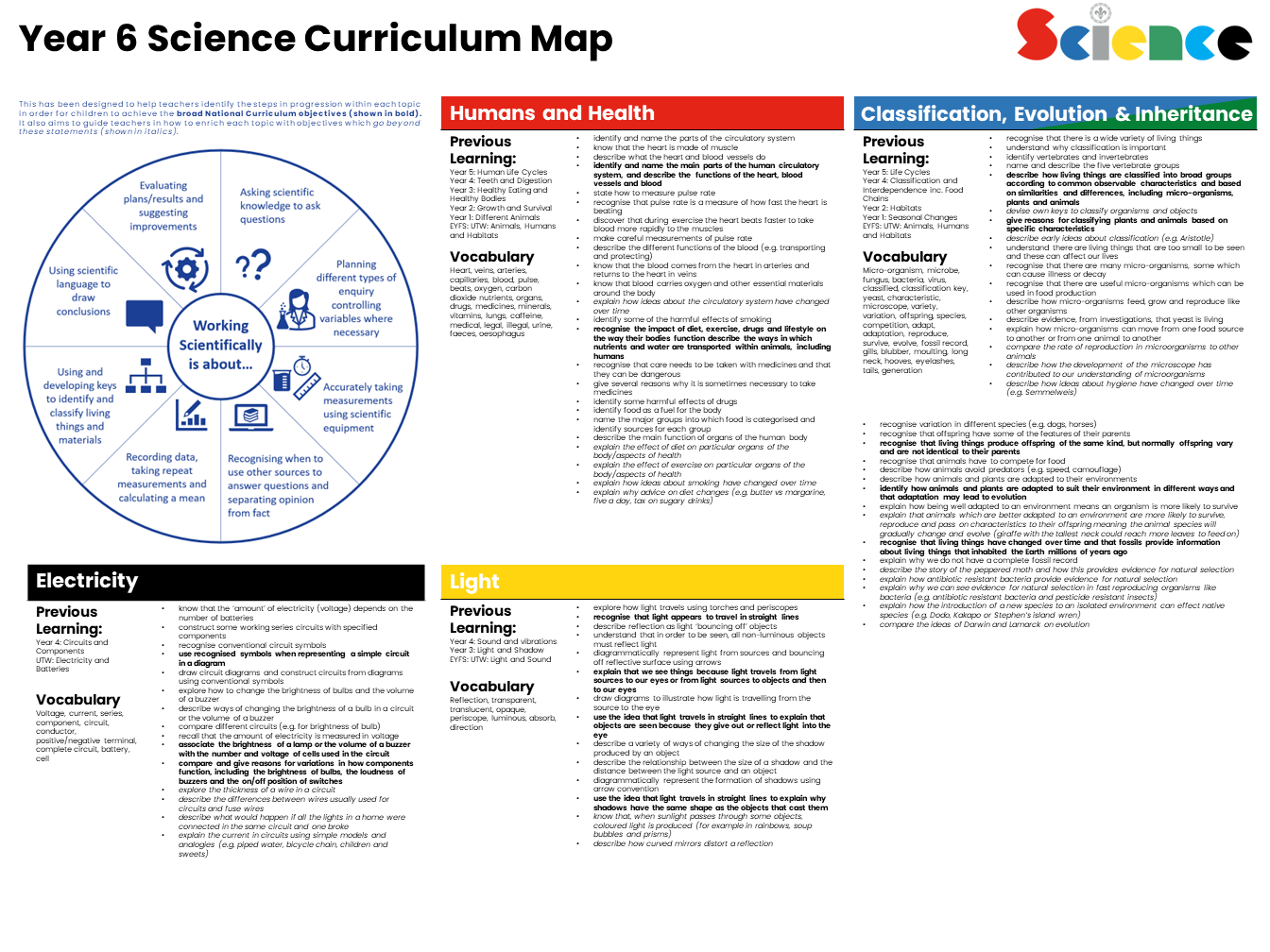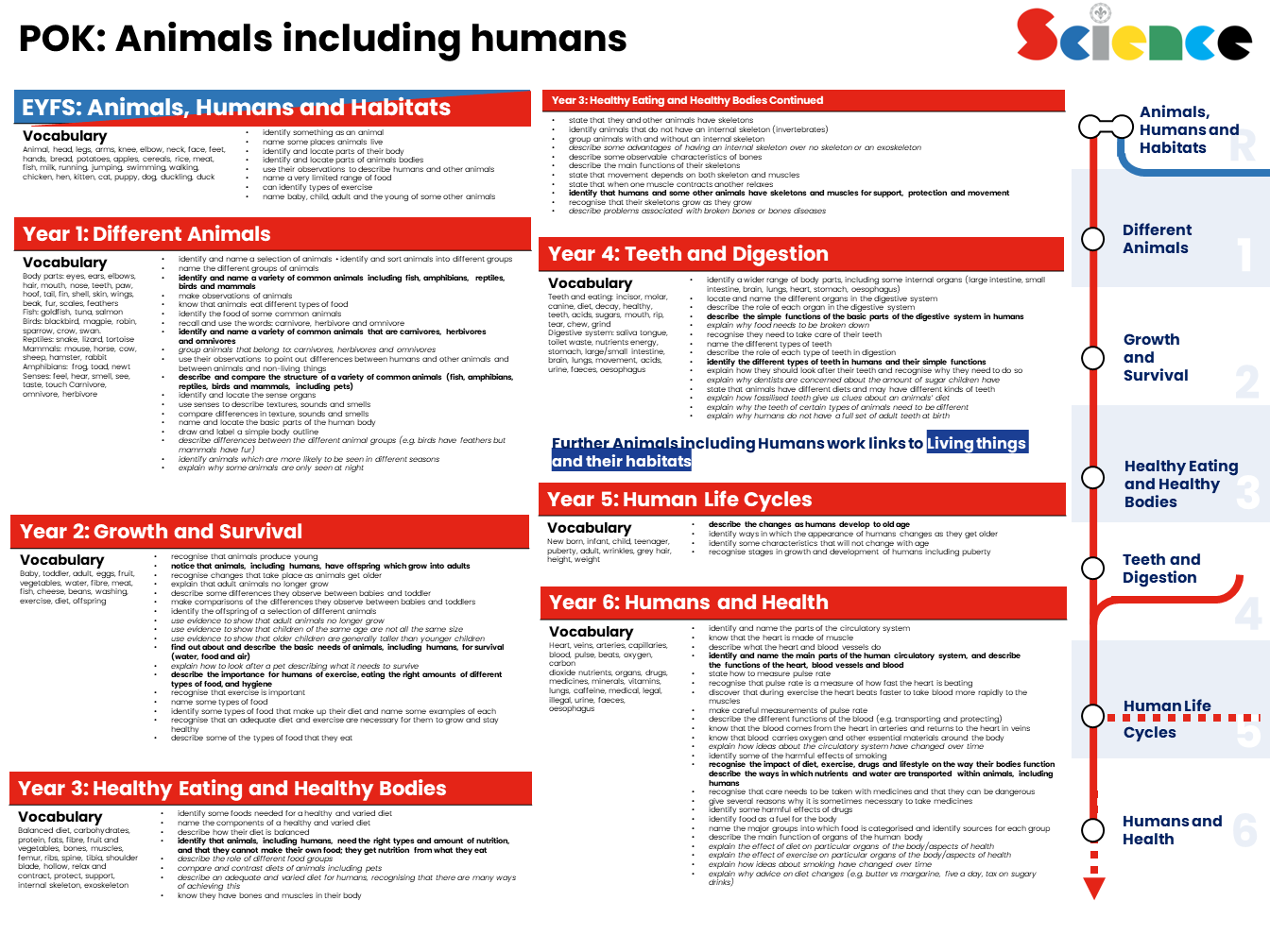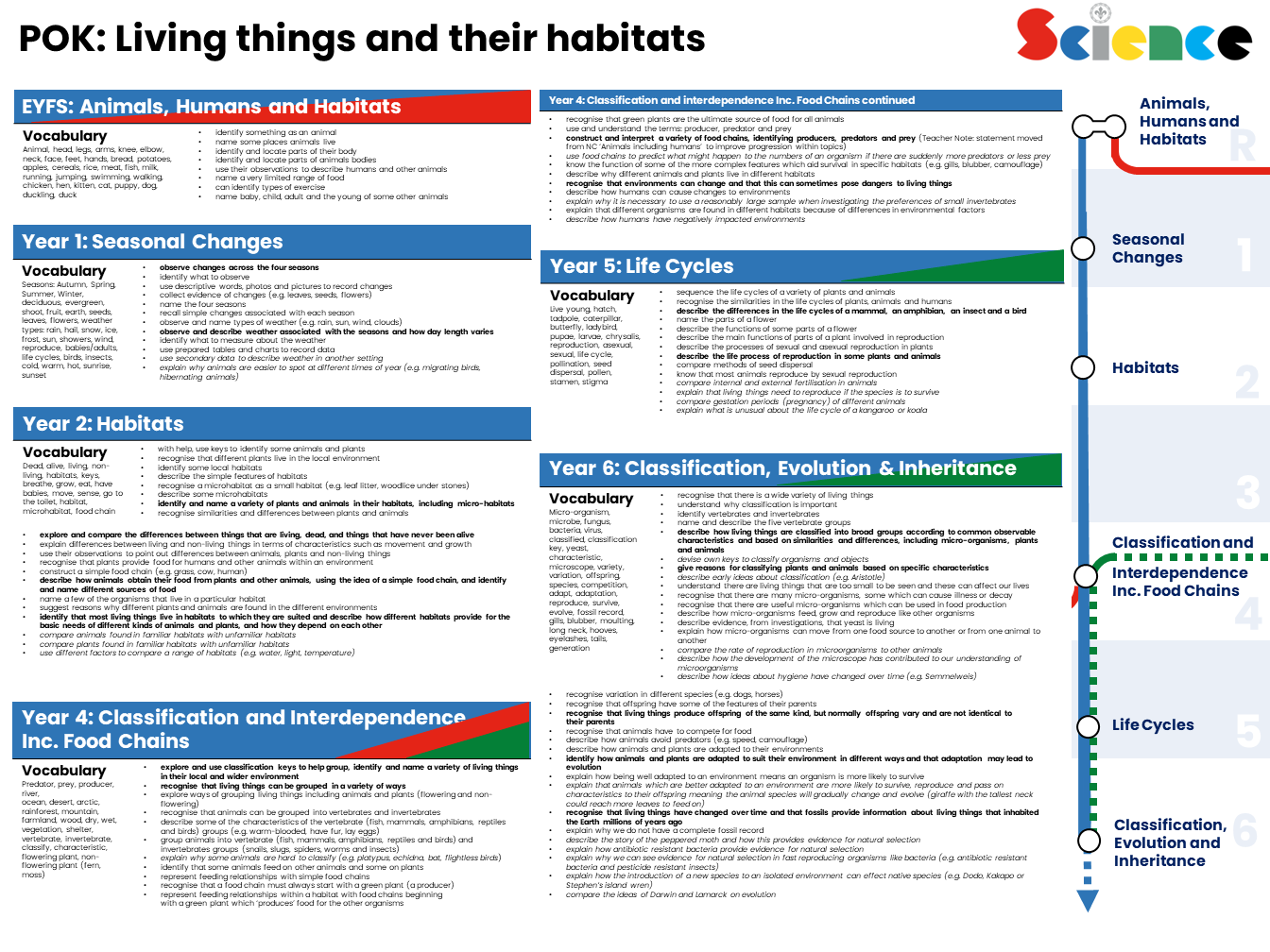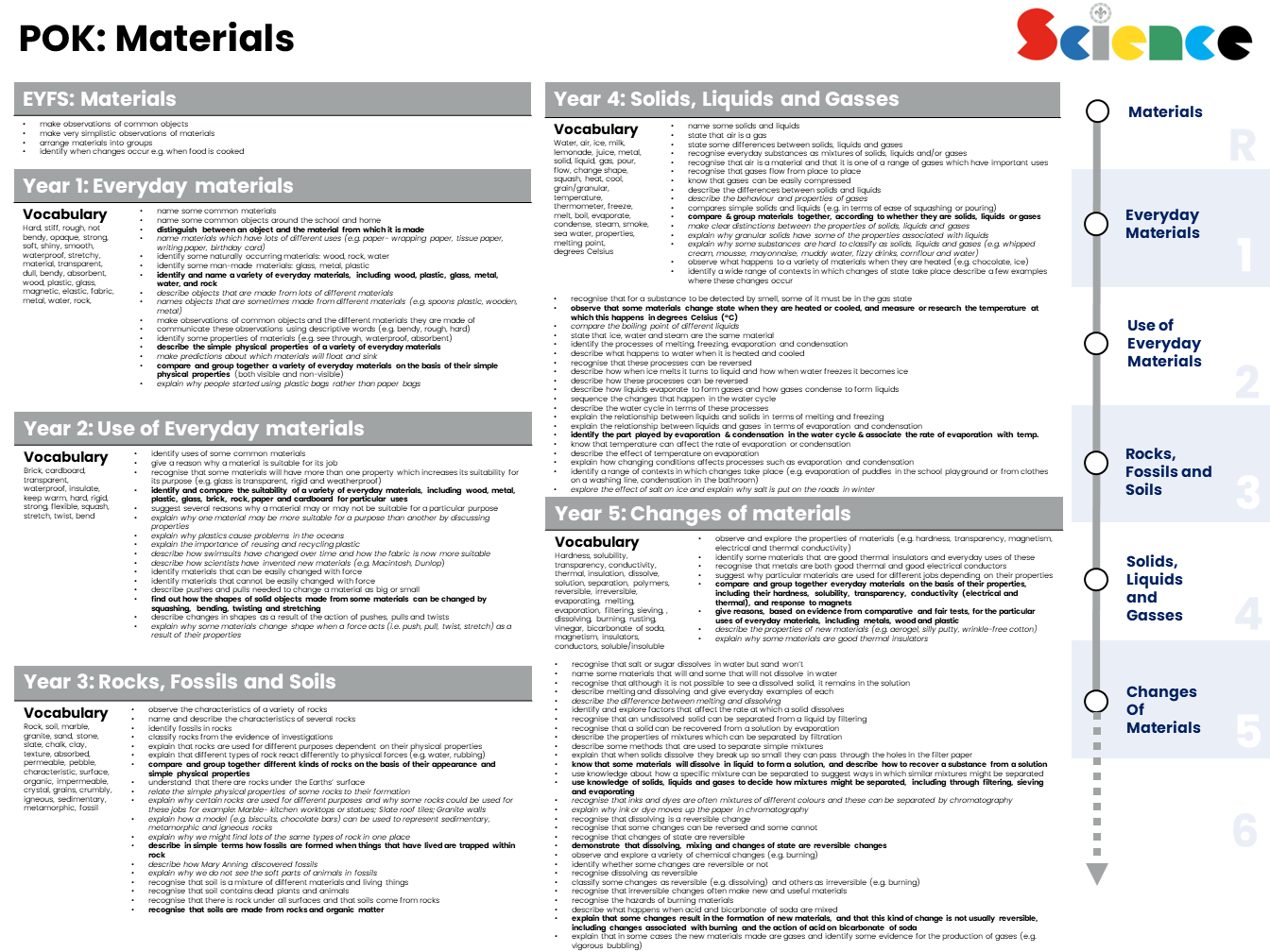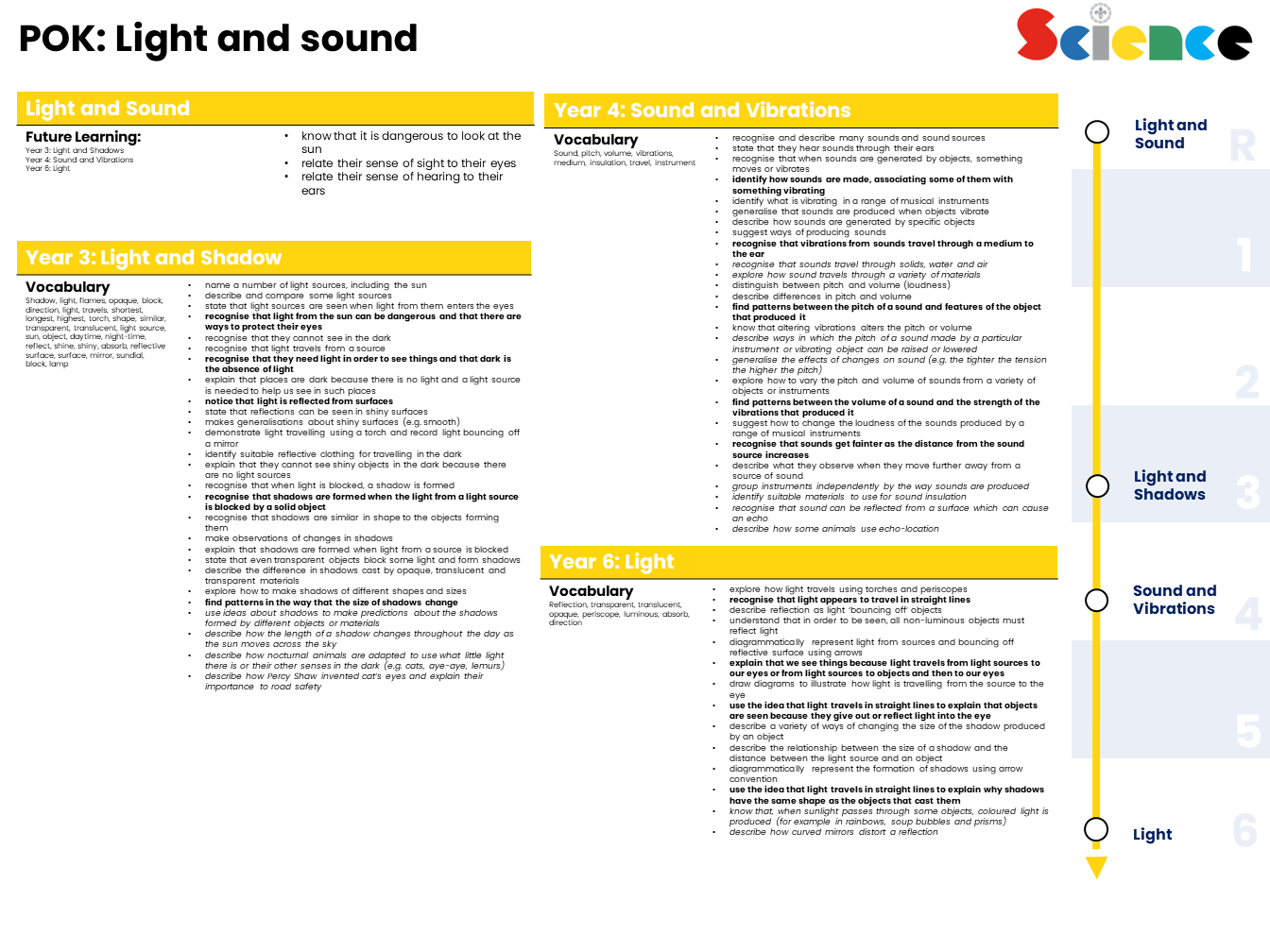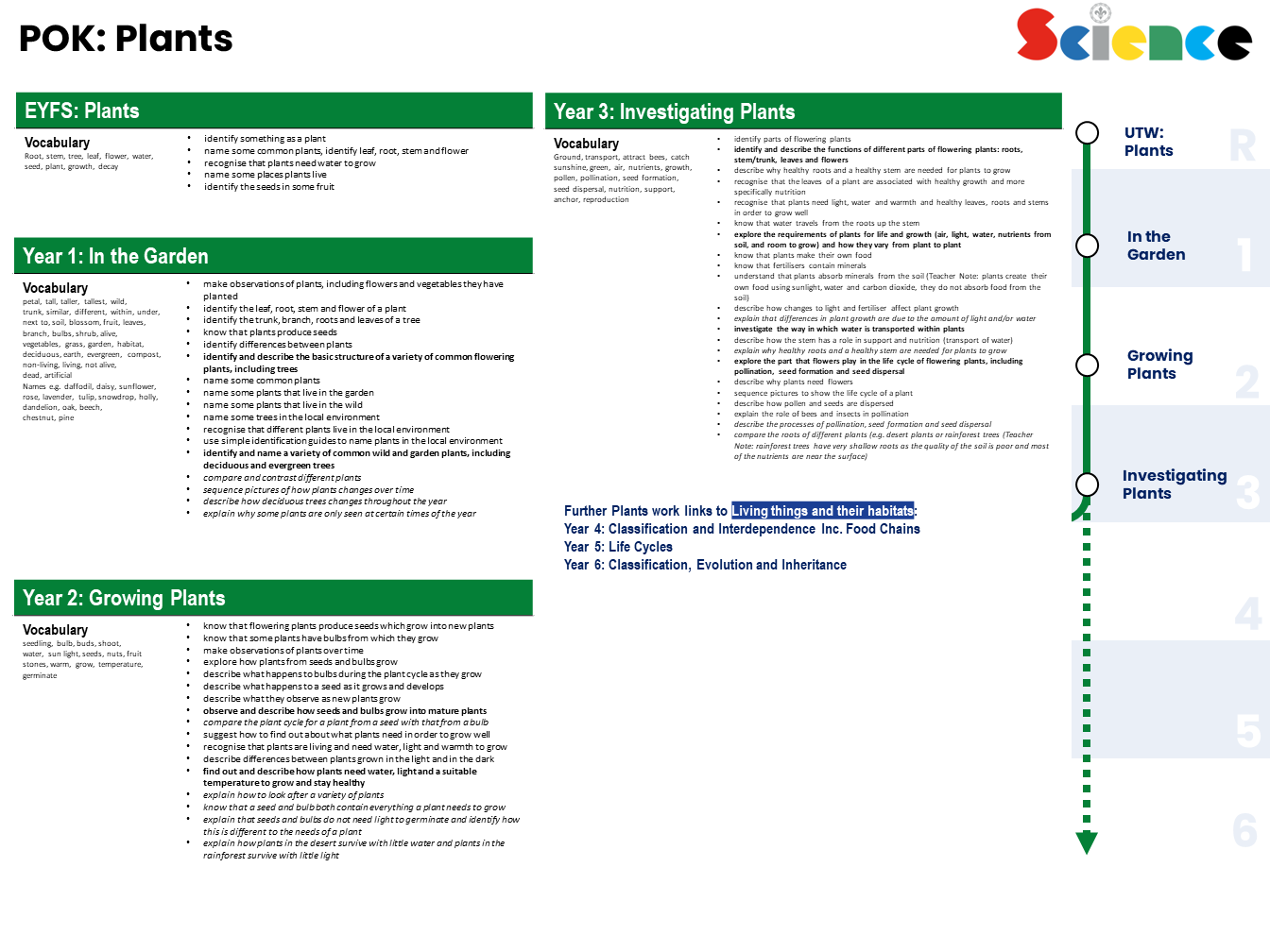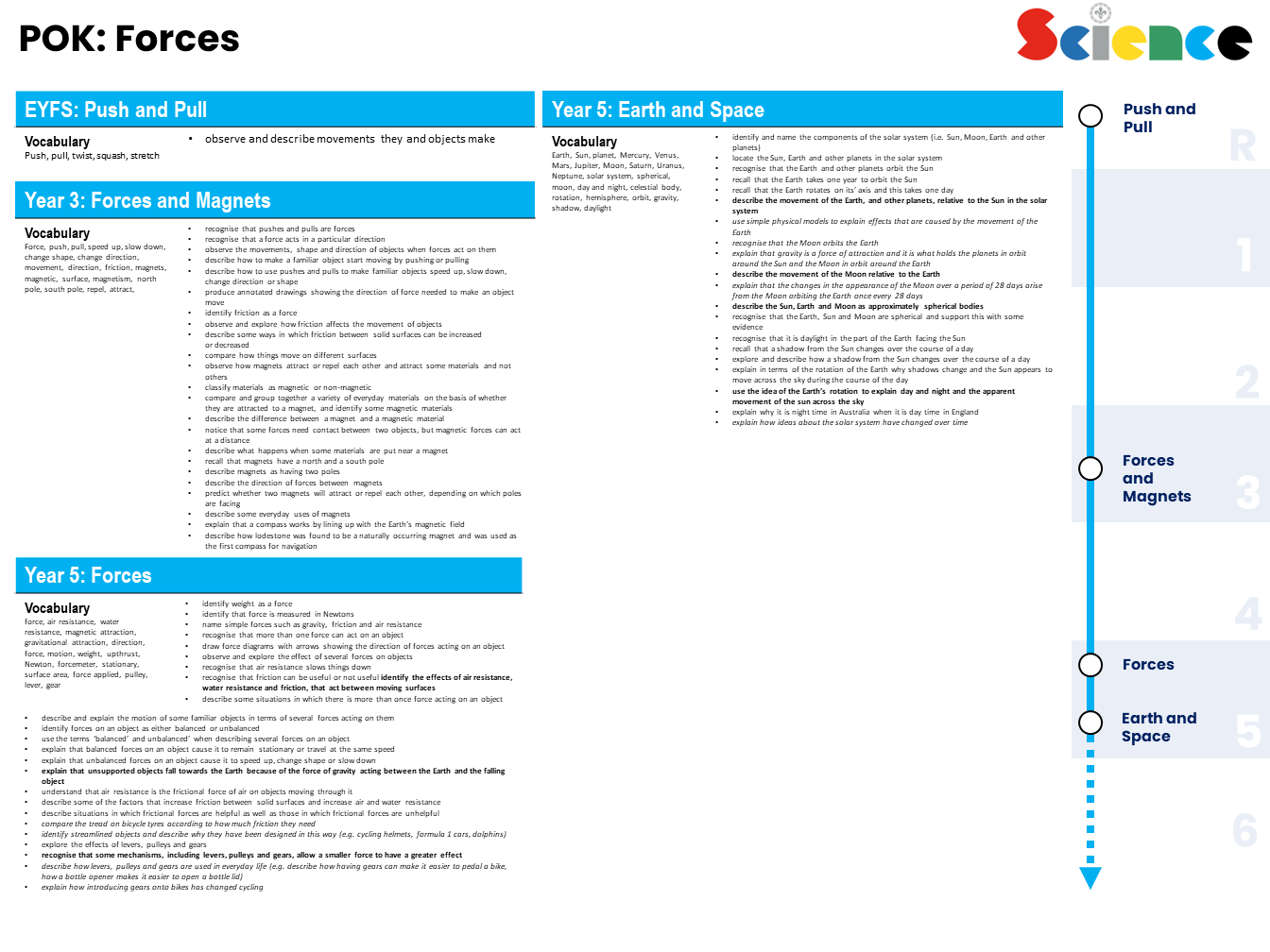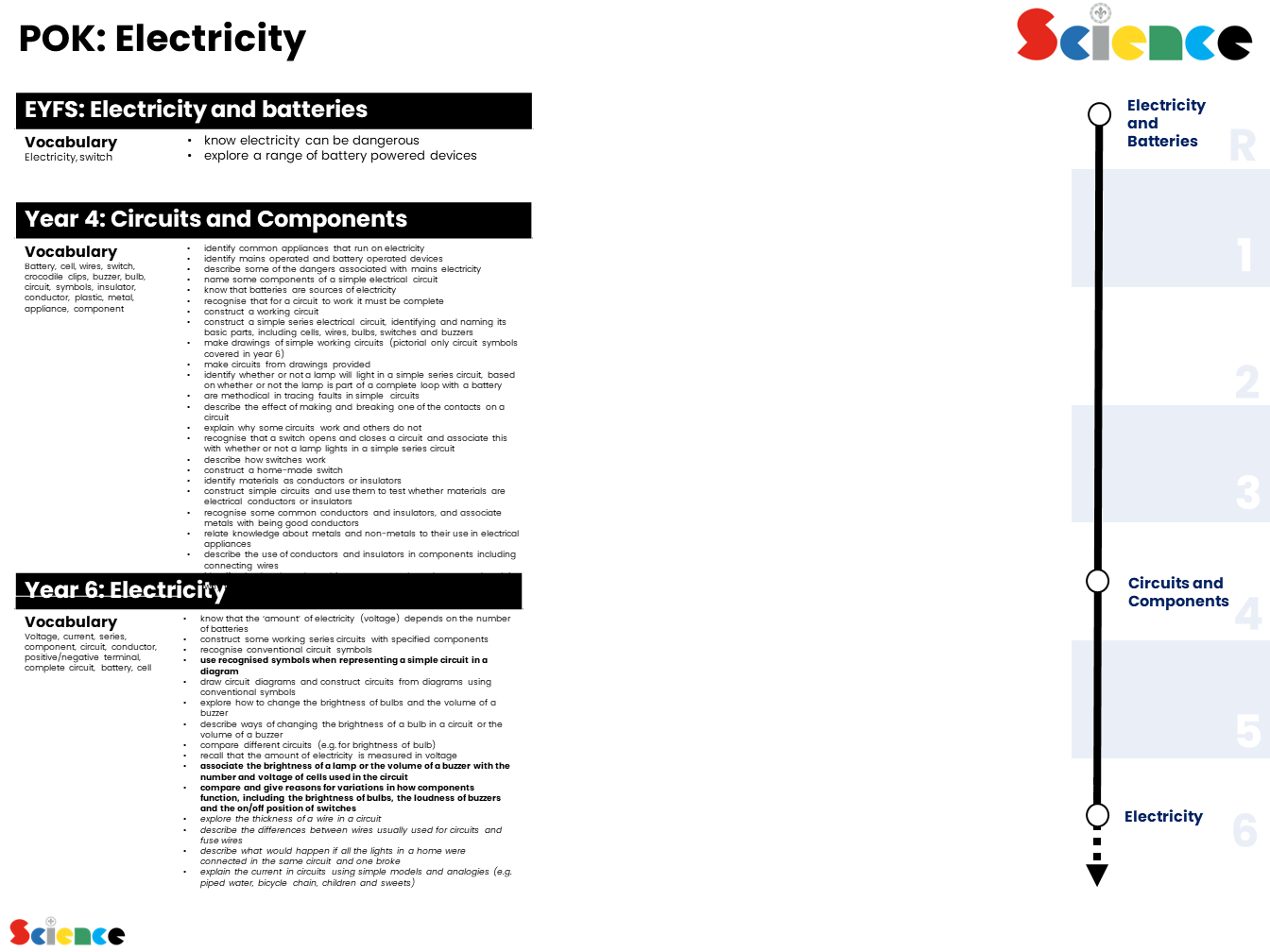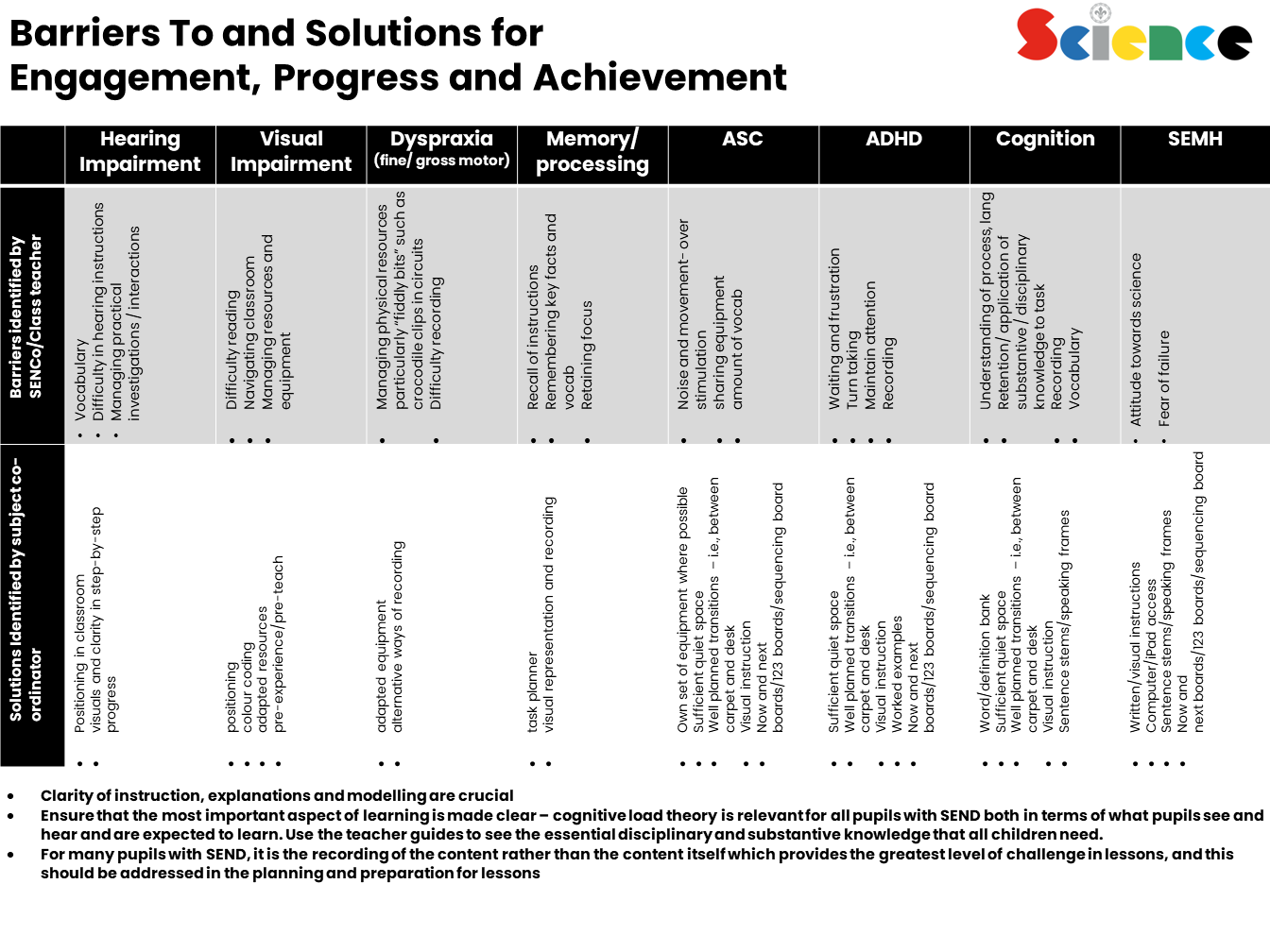Science
"Inspired Young Scientists"
Introduction
At St Mary’s, we have created a dynamic, high-quality science that engenders curiosity and will enable children to flourish for the future.
We don’t follow a scheme; we follow our curriculum. This has been crafted carefully to align with the National Curriculum for Science and with support from HfL Education advisors. Our curriculum maps out the substantive knowledge and disciplinary skills, making clear the connections between them. Links are made to other subjects but always in the service of science.
As a school, we have bought into some high-quality schemes and are able to provide a number of excellent resources. We realise, however, that it is essential that learning starts with where our children are, and that learning is sequenced and adapted to each individual class. This is why we have created our Year group programmes of study (POS).
The prompts in our Year group POS have been designed to help teachers identify the steps in progression within each topic in order for children to achieve the broad National Curriculum objectives (shown in bold on the POS). It also aims to guide teachers in how to enrich each topic with objectives which go beyond these statements (shown in italics). We have signposted where previous learning has happened so that teachers can ensure objectives from previous years are embedded and where not ensure they are revisited. Future learning is also signposted so that teachers can go broader rather than further.
Many schemes of work have far too much content, so teachers need to be selective based on what best covers the national curriculum knowledge statements whilst maximising the opportunities for developing children’s working scientifically skills through the full range of enquiry types. We also know that some schemes of work do not stick to the national curriculum statements and stray into content from later year groups or key stages. Using our Year Group POS helps our teachers to identify what is necessary and what is not and select activities accordingly.
Year Group Programmes of Study
Progression of Knowledge (POK)
SEND (Barriers To and Solutions for Engagement, Progress and Achievement)
